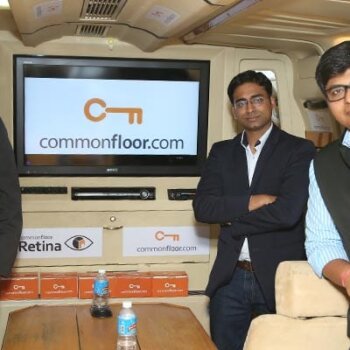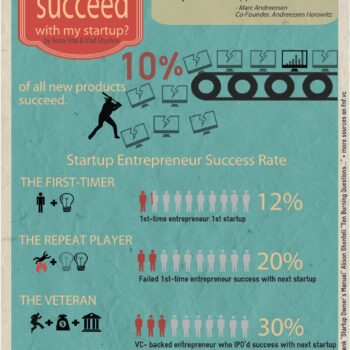Do you work for a boss or with a leader? Are you a boss or a leader? This is an extremely important question where the answer is probably indicative of the climate in which you work and the success (or lack thereof) of change initiatives. The fact of the matter is people choose to be either a boss or a leader. This choice can have a monumental impact on any organization.
Leadership is a choice that evolves over time through one’s actions. Leaders look to constantly improve and help others to do the same. Bosses care very little about self-improvement and are more focused on extrinsic motivational factors.
More than one individual
Change does not come from one person. Leaders believe in servitude while embracing the collective strengths and abilities of all people in an organization. They work hard to build a team and use the hiring process to surround themselves with smart people. Great leaders do not shy away from hiring people that are smarter than them and are not afraid to admit it. Consensus and shared decision-making are strategies commonly used to foster embracement for change, which ultimately leads to success. Leaders work tirelessly to build relationships with everyone through collaboration, trust, and respect. The power of many always trumps that of one. Bosses on the other hand expect everyone to serve them. Their specific title and self-perceived power that comes with it leads to a sense of entitlement.
Example moves the masses
Leaders never ask others to do what they are not willing to do themselves. They model the way and use their example as a means to move a change initiative forward. Leaders understand that talk is cheap and opinions do absolutely nothing in the long run to successfully implement change. Their actions speak for themselves and are used as catalysts to inspire others to join in. Bosses command and direct others to do what they are not willing to do themselves. They use talk and rhetoric as the main drivers to force an agenda forward or have others do their bidding. Bosses do not see the inherent value in spending the time and effort to participate in actively building a better culture leading to improvement.
Implement vision into action
Leaders work with others to develop a vision to help move a mission forward. In the case of schools, these people ensure measures of action result in the vision becoming a reality so that all students learn and overall achievement increases. Great leaders focus on the vision for the mission’s sake. Bosses set the vision themselves, usually in the form of a mission statement. They then sit on top of this mission statement and use it to promote themselves when others succeed.
Expect more and work harder
True leaders set high expectations of themselves. They understand by doing so the workload increases as progress is made. Leaders that have raised the bar and let their work be the example motivate and inspire others to do the same. They focus on solutions instead of excuses. Bosses on the other hand expect to reap rewards and benefit from the hard work of others.
Bosses come in many forms, as do leaders. They are not just with people you might work for, but also those in positions of authority. When I look at current education reform efforts across the globe I see endless examples of bosses, but very few leaders. I can also say the same about the social media space. There needs to be less telling educators what to do and more showing them how to do it. If not, then those individuals are no better than many of the bosses that they complain about.
Bosses tell others what to do. Leaders on the other hand take them where they need to be.
____________________________________________________
About the Author
The article was written by Eric Sheninger. Eric is a Senior Fellow and Thought Leader on Digital Leadership with the International Center for Leadership in Education (ICLE). Prior to this he was the award-winning Principal at New Milford High School. Under his leadership his school became a globally recognized model for innovative practices. Eric oversaw the successful implementation of several sustainable change initiatives that radically transformed the learning culture at his school while increasing achievement.





























